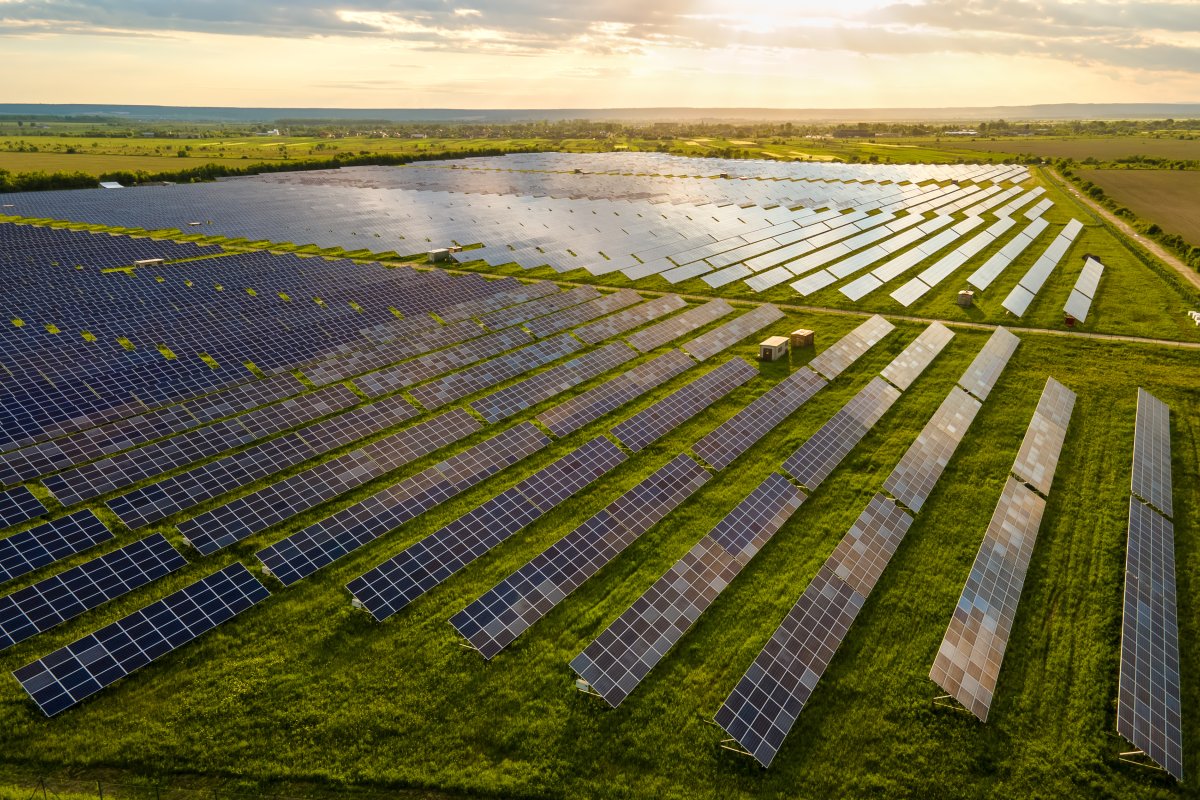The entire country of Portugal didn't use a single watt of non-renewable energy this weekend, relying only on renewable sources to keep the lights on.
The country generated 172.5 GWh of renewable electricity between Friday night and Monday morning, mostly from wind and hydroelectric power, using only 131.1 GWh in the same period of time.
During this time, 97.6 GWh came from wind power, 68.3 GWh from hydroelectric power, and 6.6 GWh from solar energy, according to the Redes Energéticas Nacionais (REN), Portugal's grid operator, with excess energy being sold to its neighbors in Spain.
"Taking advantage of favorable wind and rain conditions, electricity consumption in Portugal has been entirely provided by renewable sources, primarily wind and hydroelectric power, since 10:30 PM on Friday," REN said in a translated statement. "Surplus production has been exported through the connection with Spain."

Portugal has achieved similar feats several times before: in 2016, the entire country relied on renewables for four days straight for the first time, while in 2018, their renewable energy generation equaled 103.6 percent of their total energy demand.
"This is impressive, but it will soon be commonplace," Ran Boydell, an associate professor in sustainable development at Heriot-Watt University, told Newsweek. "The ability of countries to run on 100% renewable energy depends on three things: Renewables potential: the natural resources they have available in terms of wind, hydro, solar etc. and whilst some are better off than others all country have some generation potential."
"[Second,] installed capacity: just because they have the potential it doesn't mean they have made the effort to install the equipment. Hydro is the most mature technology, and is often installed as part of dams which were also built to deliver flood prevention or water storage, so it's not surprising that the countries with the most installed capacity have a large reliance on hydro.
"[Third,] grid preparedness: the network infrastructure needs to operate differently with dispersed renewable supply, so for the whole country to be fully operating on renewables, rather than just in localised areas around where the generation occurs, the grid needs to be able to distribute that electricity."
The U.S. is quite significantly different from Portugal in this respect, as only around 20 percent of the country's energy needs are provided by renewables, according to the U.S. Department of Energy. In 2022, 21.3 percent of our energy was generated by renewables, with 10.3 percent coming from wind power, 6 percent from hydroelectric, 3.4 percent from solar, and 1.2 percent from biomass. Of the non-renewables, 18.2 percent was generated by nuclear power, 39.9 percent from natural gas, and 19.7 percent from coal.
Some U.S. states are much better than others in terms of renewable energy production. The Midwest and Great Plains are some of the best-performing states, with 62.5 percent of Iowa's energy production, 53.8 percent of South Dakota's, 46.6 percent of Kansas' and 44.5 percent of Oklahoma's coming from renewables in 2022, according to the U.S. Energy Information Administration.
"The United States was late to the game of creating ambitious energy policy compared to Europe," Femke Nijsse, a lecturer in Earth and Environmental Sciences of the University of Exeter, told Newsweek. "Three reasons stand out to me: the US has a unique lobby sowing doubt about climate change, there are more fossil fuel reserves in the US compared to Europe, and energy demand per person is much higher in the US compared to Europe, so that more infrastructure needs to be built per person."
"In terms of states that are doing well, South Dakota has the highest shares of renewables. Washington, Idaho and Vermont are not too far behind."
Vermont and Maine are also big renewable producers, at 50.5 percent and 42.2 percent, respectively. Some of the worst-performing states include Alabama and Alaska at 2.7 percent, Tennessee at 1.7 percent, Arkansas at 2.5 percent and Kentucky at 0.7 percent.
Several other countries are producing a large proportion of their energy from renewable sources: according to Enerdata, in 2022, Norway's energy output was 98.5 percent renewable, while Brazil was 89.2 percent, New Zealand's 86.6 percent, Colombia's 75.1 percent and Canada's 68.8 percent.
Portugal in particular hopes to generate 80 percent of its annual electricity from renewable sources by 2026, and run the country entirely on renewables by 2040.

"It is expected that by 2040 the production of renewable electricity will be able to guarantee, in a cost-effective manner, the entire annual electricity consumption of mainland Portugal," Associação Portuguesa de Energias Renováveis (APREN) said in a translated statement in 2018. "However, the occasional use of natural gas plants will still be necessary, in addition to the crucial support of interconnections and the increasingly important role of electricity storage."
In January this year, 88 percent of the country's energy needs were supplied by renewables, up from 52 percent the January prior.
Do you have a tip on a science story that Newsweek should be covering? Do you have a question about renewable energy? Let us know via science@newsweek.com.
Update, 11/6/23, 1:15 p.m. ET: This article was updated with comments from Ran Boydell and Femke Nijsse.
About the writer
Jess Thomson is a Newsweek Science Reporter based in London UK. Her focus is reporting on science, technology and healthcare. ... Read more
To read how Newsweek uses AI as a newsroom tool, Click here.



